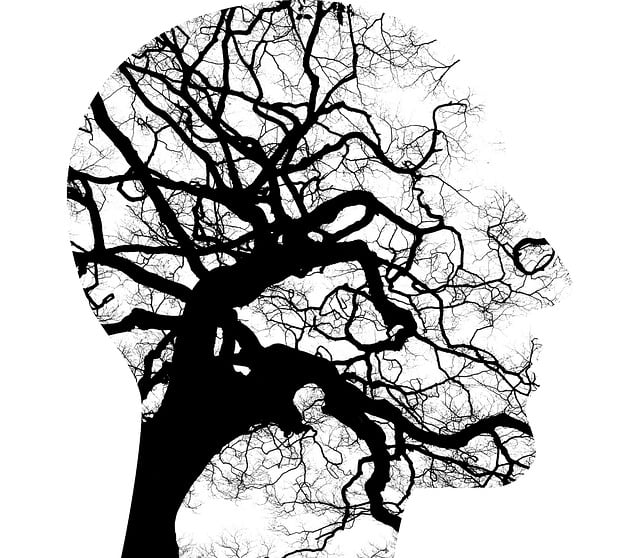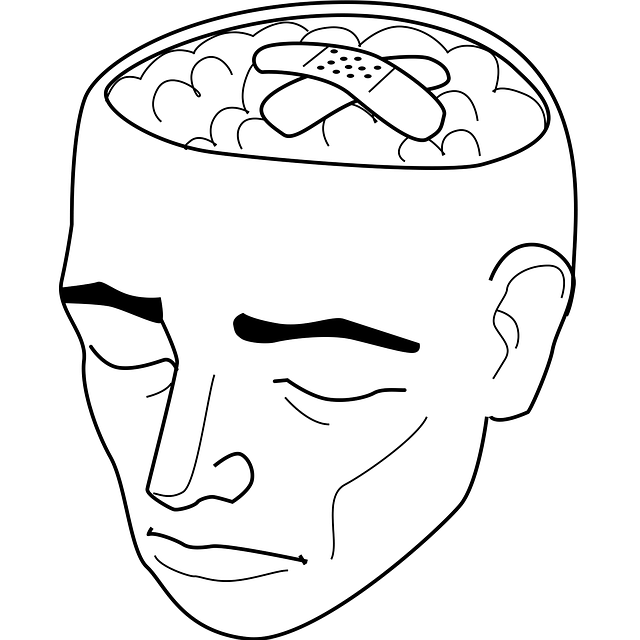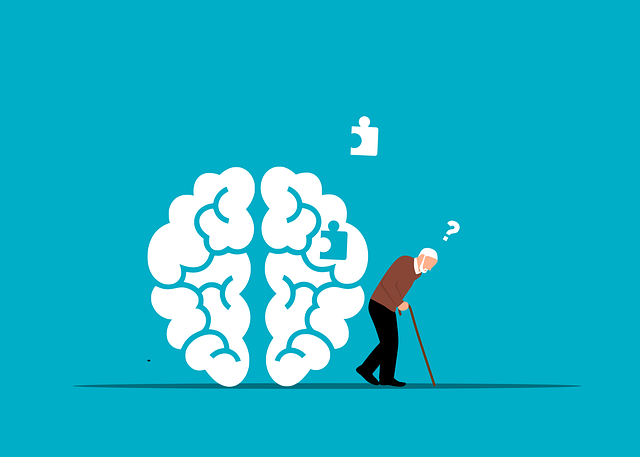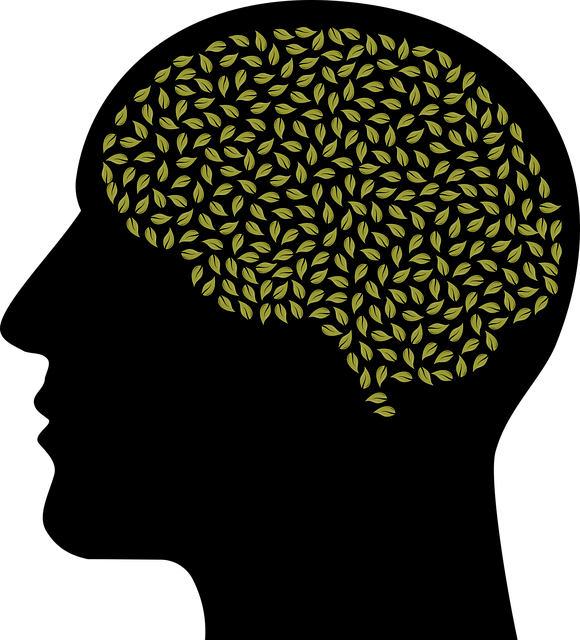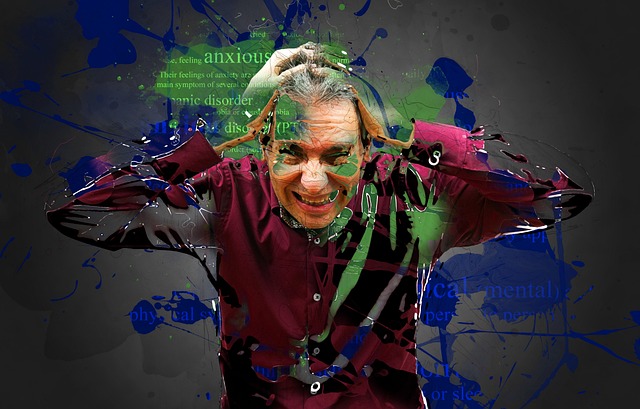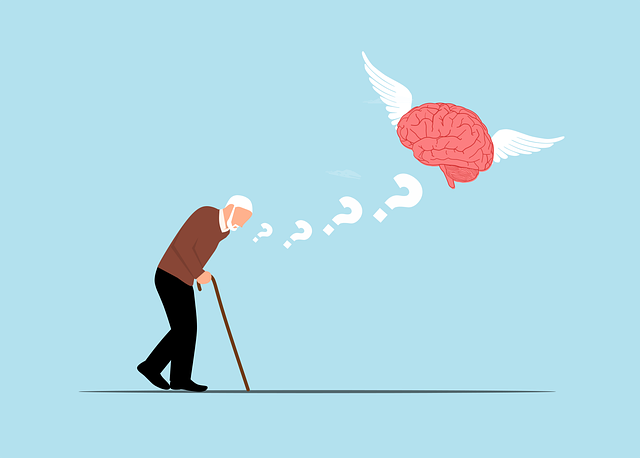The text highlights the importance of social skills training in addressing childhood anxiety disorders, often overlooked in traditional therapy. This approach focuses on teaching children effective communication, empathy, and emotional regulation strategies through role-playing and mindfulness exercises. By empowering kids to manage negative thoughts and fears, therapists aid in their social development and overall emotional well-being. Integrated stress reduction methods, including cognitive-behavioral techniques, are tailored to specific triggers, making therapy for children anxiety more effective. Consistent practice and support from caregivers and peers reinforce these skills, enhancing mental wellness through resources like podcasts based on Mind Over Matter principles.
Social skills training is a powerful tool in addressing mental health conditions, particularly anxiety disorders in children. This article explores the critical connection between social interactions and mental well-being, focusing on strategies to enhance social abilities. We delve into the challenges faced by children with anxiety, offering insights into tailored training methods. Additionally, we discuss practical ways to integrate this therapy into daily life, emphasizing the role of support systems for optimal results in managing and overcoming anxiety.
- Understanding the Link Between Social Skills and Mental Health
- Identifying Challenges in Children with Anxiety Disorders
- Strategies for Effective Social Skills Training
- Incorporating Training into Daily Routines and Support Systems
Understanding the Link Between Social Skills and Mental Health

The connection between social skills and mental health is a crucial aspect often overlooked in traditional therapy approaches. Many mental health conditions, particularly anxiety disorders prevalent in children, can stem from or be exacerbated by difficulties in social interactions. Kids with anxiety may struggle to initiate conversations, interpret social cues, or manage emotions during group activities, leading to feelings of isolation and further anxiety.
Social skills training offers a therapeutic approach that directly addresses these challenges. By teaching children effective communication strategies, empathy, and emotional regulation techniques, this form of therapy aims to promote emotional well-being. The integration of mind over matter principles can empower individuals to reframe negative thoughts and build resilience. Additionally, stress reduction methods, often incorporated into social skills training, equip them with tools to manage anxiety in various social settings.
Identifying Challenges in Children with Anxiety Disorders

Children with anxiety disorders often face unique challenges that can significantly impact their social interactions and overall well-being. One of the primary difficulties is the intense fear and avoidance of social situations, which may stem from overwhelming worries about being judged or embarrassing oneself. This can lead to a withdrawal from peer groups, limiting their opportunities for social learning and development of essential communication strategies. As a result, they might struggle with initiating conversations, maintaining eye contact, or expressing their thoughts and feelings effectively.
The process of identifying these challenges is crucial in developing tailored therapy for children anxiety. Mental health professionals play a vital role in assessing the child’s individual needs through comprehensive risk assessments. By implementing evidence-based stress reduction methods, they can help children manage their anxiety symptoms, making it easier for them to engage in social settings. These strategies may include cognitive-behavioral techniques, relaxation exercises, and mindfulness practices tailored to address the specific fears and triggers associated with social situations.
Strategies for Effective Social Skills Training

Social Skills Training plays a pivotal role in the therapy for children with anxiety, offering practical strategies to enhance their emotional intelligence and overall well-being. One effective approach is incorporating communication strategies tailored to each child’s needs. This may involve role-playing scenarios to practice initiating conversations, maintaining eye contact, and expressing feelings, which can help them feel more comfortable in social settings.
Additionally, training should focus on emotional well-being promotion techniques, teaching children to recognize and manage their emotions. Mindfulness exercises, for instance, can empower kids with anxiety to stay grounded in the present moment, reducing overwhelming feelings. By combining these communication strategies and emotional intelligence tools, therapists create a supportive environment that fosters social interaction and personal growth, ultimately helping children overcome anxiety-related challenges in their daily lives.
Incorporating Training into Daily Routines and Support Systems

Incorporating social skills training into daily routines is a crucial step for individuals managing mental health conditions, especially anxiety in children. It’s not just about attending sessions; it’s about weaving these exercises into everyday life. For instance, role-playing scenarios during mealtime or playtime can help children navigate social interactions more confidently. This consistent practice strengthens their ability to apply learned techniques naturally, making therapy an integral part of their overall mental wellness journey.
Support systems play a pivotal role in this process. Parents, caregivers, and peers can be powerful allies by offering encouragement and reinforcing positive behaviors. The Mind Over Matter Principles, often explored through engaging Mental Wellness Podcast Series Production, can provide valuable insights for both the individual and their support network. Together, they can create an environment that fosters growth, understanding, and effective social skills training, ultimately enhancing mental wellness.
Social skills training is a powerful tool for improving mental health, especially in children with anxiety disorders. By understanding the connection between social interactions and well-being, we can equip young individuals with the necessary skills to navigate social situations confidently. The strategies outlined in this article offer a structured approach to fostering social competence, which, when integrated into daily routines and supported by a strong support system, can significantly enhance therapy for children anxiety. This holistic approach ensures that children not only manage their symptoms but also thrive in various social contexts.
